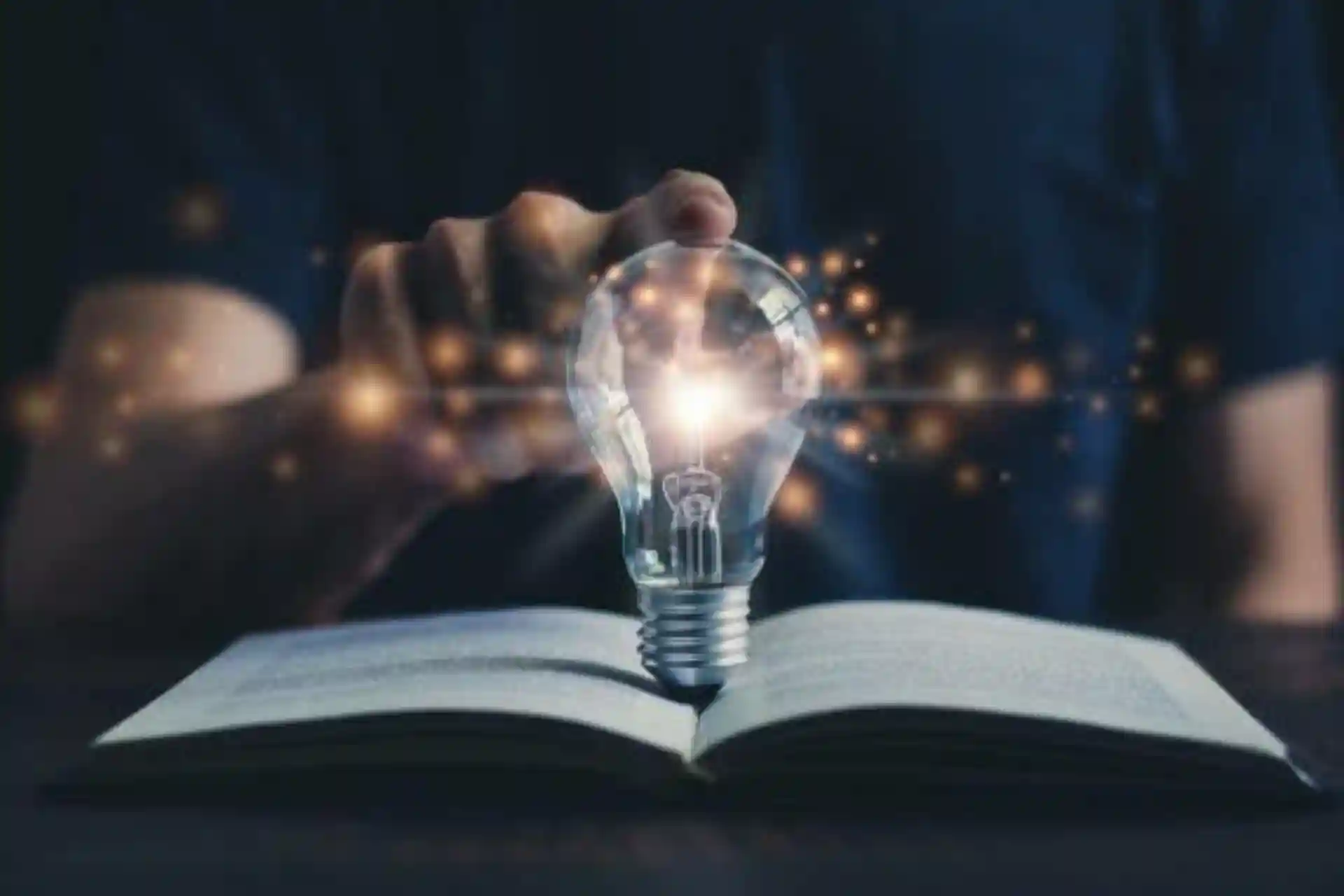11.06.2025 14:07
186
What is the role of the individual in the advancement of society?
Society is a living organism, and it is also subject to the same diseases and vices that an individual may suffer from. Just as governments try to protect individuals and communities from destructive diseases and vices, pure, humane cultures and laws also try to protect societies from socio-moral diseases. With the help of these cultures and laws, the nation becomes dense and strong and can fulfill its responsibilities with determination. In this way, the nation stands firm against the factors that lead a person to destruction. It gains respect, power, and a superior idea throughout its life. It becomes a person of respectable behavior and attention. It lives in the bosom of safety that can accommodate everyone, in the bliss that surrounds all humanity. Gradually, like the angels in heaven, it moves away from danger and sorrow, and acquires peace and spiritual stability.
We cannot afford such an advanced lifestyle. It is no wonder that the reason for this is that we do not care about the diseases and vices of society as much as we care about food, wealth and other issues related to life. In the past and now, some people among us think that “until the luxuries and entertainments that are part of the lifestyle of advanced nations are also part of our customs, our opinion will not be respected and we will not be able to take the place we deserve.” These people do not know that in fact, luxury and luxury are not a factor that builds culture, but a product of culture. Those nations that amaze everyone with their knowledge, science and power did not waste the primary factors that form culture like us. They did not neglect the social vices that we ignore today at the very first stage of our rise. Thus, they did not fall into the same heedlessness that we have fallen into.
Society is a group formed by the interaction of individuals. When individuals are free from various vices, the formation of society is also healthy. Also, when a society has strong and pure morals, both the direction and purpose of society are correct.
It is no exaggeration to say that Islam, unlike other "religions" and laws, is the religion that pays the most attention to building a balance between different forces in society. Islam also pays great attention to preventing weakness, gaps, and chaos in the construction of society. For example, if you look at how it regulates the material needs of people, you will see that this order is more perfect than other economic movements. Islam also pays more attention to moral issues than other religions. Islam is also considered more effective than other religious religions in purifying and stabilizing the human soul and ego. Islam has established and strengthened a mutual consistency between these aspects. That is why when you look at a true Muslim, you will see that he is strong spiritually, morally, physically, and in general in all aspects. It is not for nothing that the Prophet, may God bless him and grant him peace, said: "A strong believer is more beloved to God than a weak believer."
How does reform begin?
There is no doubt that we are suffering from dangerous social ills in our current lifestyle. As long as these ills exist, we can neither rise nor take a step forward. This is manifested in various ways in our personal affairs, family and collective affairs. Moreover, these ills surround us, whether we are learned or ignorant, old or young, urban or rural, that is, all of us.
Undoubtedly, the treatment of our social morality must begin with our individuality. Because the individual is the first cell that builds society. That is why calls for reform must begin with the individual, not the community. Reforms must be carried out that will turn ten individuals in a country into leaders in the path of righteousness and goodness. These reforms will lead to the correct direction of the country's affairs and the improvement of its social life.
The Prophet (peace and blessings of Allah be upon him) stayed in Mecca for thirteen years. During this period, he devoted all his energy to educating the individuals of the Ummah. Individuals such as Abu Bakr, Umar, Uthman, Ali, and Ibn Mas'ud became the strongholds of the Muslim culture that the Prophet (peace and blessings of Allah be upon him) had established. The Prophet (peace and blessings of Allah be upon him) would gather with these individuals in various places in Mecca, in the "Dar al-Arqam" and in the courtyard of the Kaaba, and would refine their spirits and souls and refine their morals. Later, after the Prophet (peace and blessings of Allah be upon him) passed away, these individuals whom he educated left a great mark in history and made a great contribution to the guidance of humanity.
Those who built states, founded cultures, tore down the veil of ignorance, broadened the horizons of science, and changed the course of history, having a profound impact on the lives of their societies and humanity, were all individuals. They were individuals who had strong wills, who were morally healthy, and who cleansed their lifestyles of many psychological and behavioral disasters.
I am not saying that we should not give much importance to teams. I am not denying their role in reforms either. Because teams are the backbone of all reform efforts. But teams always need a mind to enlighten them and a head to give them ideas. Because a team is like a car, every part of which is needed, but still cannot move without a driver.
It follows that only individuals with their own ideals and principles are capable of reforming society. They enlighten communities, and in this way communities can chart their own path towards goodness and fulfill their historical responsibility.

